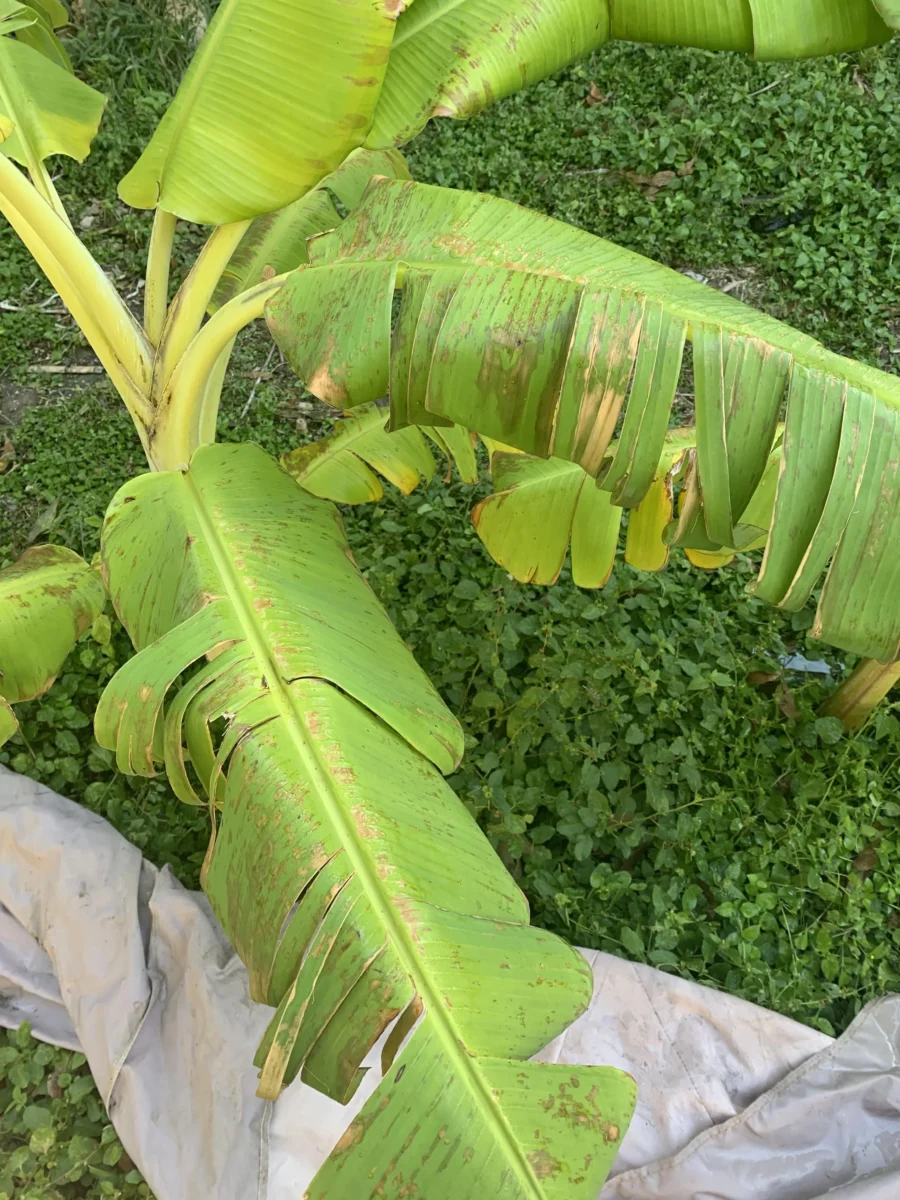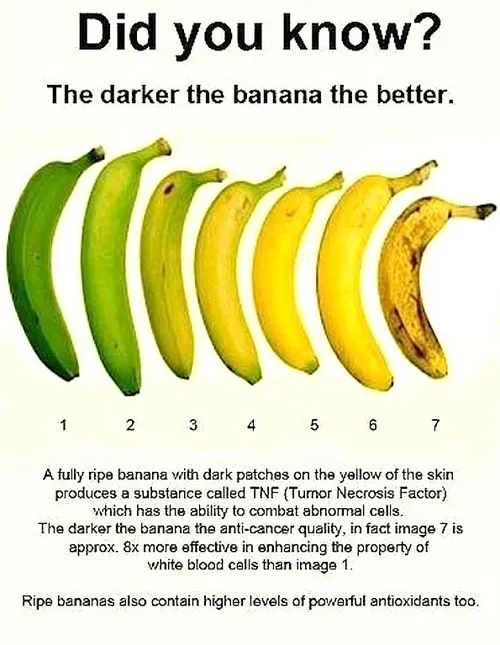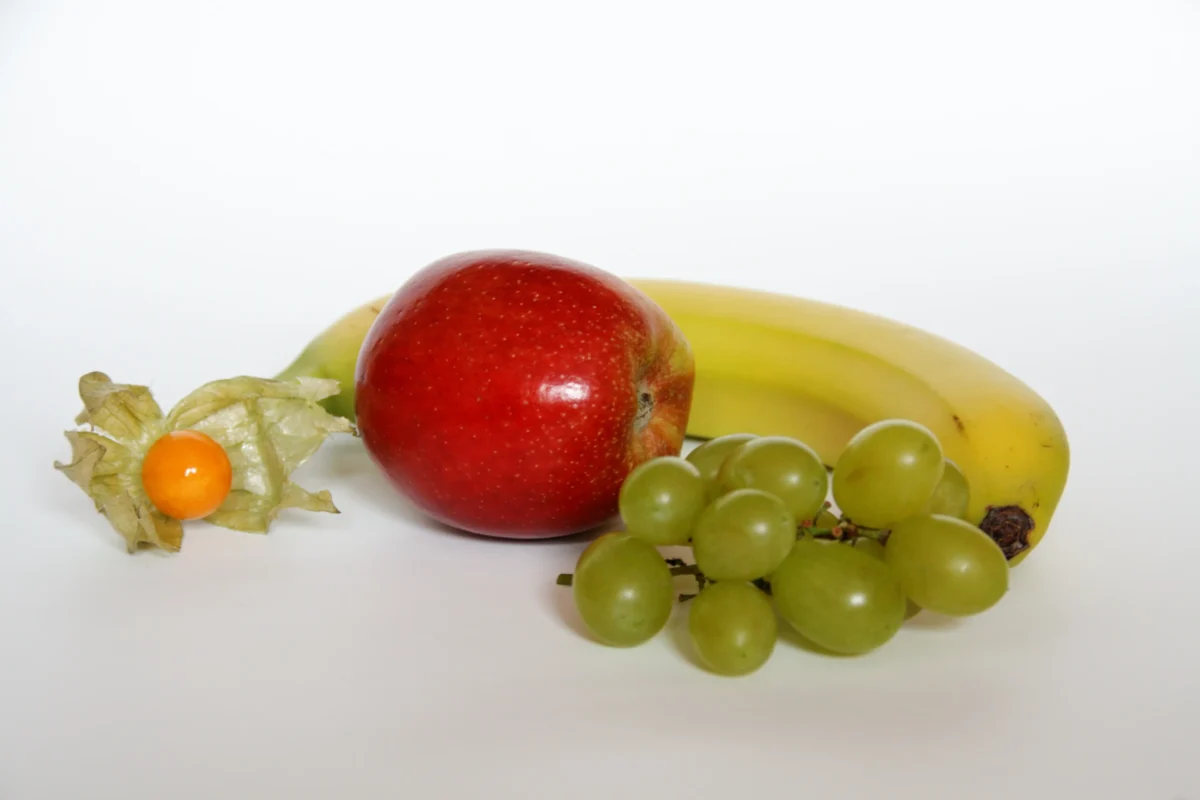Wonderfully created with creamy and firm flesh, a banana is one of the few fruits that come already naturally prepackaged in yellow jackets. Now, bananas come in various forms and shapes.
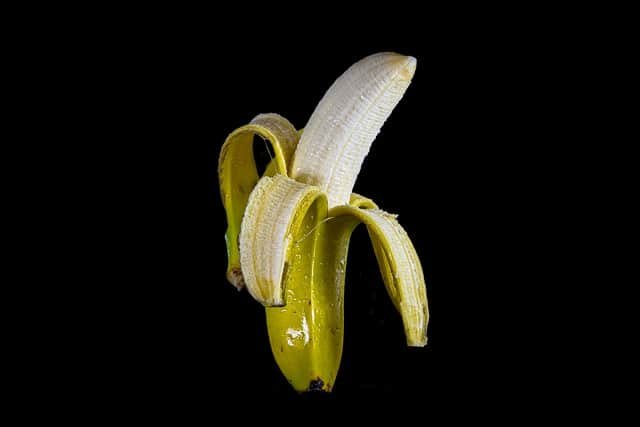
There are over 500 banana varieties, the most common one being the sweet and seedless Cavendish banana. It accounts for over 90 percent of all the bananas sold worldwide, making it a ‘hot cake.
However, because it is seedless, it means it cannot reproduce (it is sterile) through the normal process.
Bananas can be grown and harvested throughout the year and are usually ready for consumption 9 to 12 months after planting.

They have several essential nutrients, including protein, dietary fiber, energy, Zn, Fe, vitamin A, manganese, folate, Vitamin C, and Ca, which is more than any other fruit or cereal.
They are also sodium-free, fat-free, and cholesterol-free. That said, have you ever wondered what else is in a banana other than the nutrients?
What pH are Bananas?
The alkalinity of acidity of something is usually measured on a pH scale ranging from 1 to 14 and is referred to as the pH value.
Any value between 1 and 6 is acidic, while any value from 8 to 14 shows alkalinity. Similarly, a value of 7 indicates the item is neutral, which means it is neither basic nor acidic.
Any food with a pH of 7 and below shows high levels of acidity and foods with more than 8 imply alkalinity, which helps neutralize/counter acidity in the stomach.
So are bananas basic or acidic? Read on to find out:
The Nitty-Gritty
Whether a banana is alkaline or acidic depends solemnly on the ripeness of the fruit.
Most ripe fruits have a pH that is slightly alkaline or less acidic. The same applies to bananas.
Unripe bananas are acidic (have a pH of around 5.5), but can reach low alkalinity levels as they ripen. In other words, bananas become less acidic as they ripen.

Unripe bananas have around 4.4 Millie equivalents of organic acid per 100 grams. The primary one is oxalic acid, followed by malic, tartaric, and citric acid. Citric acid forms 10 percent of the acidity, oxalic 50 percent, and malic 35 percent.
Now, as the banana continues to grow or ripen, the citric and malic acids increase by about 60 percent, while oxalic drops to about 50 percent of the initial amount.
As such, you will find that in a ripe version of the fruit, malic accounts for about 60 percent of the acidity, citric 20 percent, and oxalic 10 percent.
“It is because of this that the fruit is considered alkaline in nature,” saysPatrick Takahashi, MD, a gastroenterologist atAdventist Health White Memorial.
What Is Acid Reflux?
The flow of acid from your stomach up to the esophagus is what is commonly referred to as acid reflux. This usually takes place when the LES (lower esophageal sphincter) becomes damaged or weakened.
Typically, the LES closes when food passes via it to the stomach, which prevents the food from moving back into the esophagus. If it doesn’t close properly, however, the acid in your stomach can flow backward, irritating your esophagus lining.

Can Bananas Cause Acid Reflux?
« The Ultimate Guide to Safely Cutting Bananas for Your Baby’s First Food
How to Make Delicious Banana Bread with Honey: Step-by-Step Recipe and Expert Tips »
Because they are one of the many greatlow-acid foods, bananas act as anti-acids to help counter the acid in the body when ripe.
They also produce mucus that coats the stomach’s lining to prevent damage and corrosion. Besides, they are rich in calcium, manganese, magnesium, and potassium.
The potassium has an alkalizing feature that not only helps reduce stomach acidity considerably but also helps with the absorption and digestion of food. Similarly, eating the fruit bolsters the sphincter by enhancing its working capabilities.
So, having a banana either before or after meals can go a long way in countering acid reflux. You can integrate the fruit to your daily diet in the form of a topping to cereals, salads, or even smoothies.
But what about unripe bananas? Unfortunately, they do the opposite! They can trigger acid reflux. They contain potassium nitrate, which is a major cause of acid reflux and indigestible carbohydrate, which causes gut fermentation.
So what do these mean for your health?
· High Fiber Content
Besides being an alkaline food, bananas are awash with both insoluble and soluble fiber. Soluble fiber slows down digestion, which causes you to feel full for longer. It is the main reason bananas arehighly recommendedfor breakfast meals by dieticians.
· Heart Health
Alkaline foods with high fiber are also great for heart health. According toWebmd.com, increasing your consumption of the humble banana fruit can lower your risk for coronary heart disease as well as various cardiovascular diseases.
· Ease in Digestion
According to theHarvard School of Public Health, bananas have both sour and sweet taste. The sweetness brings about a feeling of heaviness while the sourness stimulates Agni, digestive juices that support digestion and enhance metabolism.
· Nutrients
Banana is a powerhouse of nutrients. It is awash with critical minerals and vitamins such as magnesium, folate, calcium, folate, and manganese, which all play essential roles in keeping you healthy as well as to proper functioning of the body.
· Blood Pressure

Salt is the main culprit when it comes to conditions such as high blood pressure. Bananas have high potassium content with low salt content, which makes it excellent for people with this condition. Just ensure you consult your doctor or nutritionist before incorporating it into your diet.
Note
· If you are buying in dozens, ensure you go for firm ones so that they can serve you for at least four days before spoiling.
· They usually ripe very quickly, which is why the peels turn black, and the flesh turns gooey after a while. The best idea is to purchase them in small quantities so that you enjoy them fresh.
· Go for those without squishy spots or blemishes
Summary
Yes, it’s true,alkaline foods like bananasmay help you shed off some pounds, but these may catapult, the risk of other conditions such as muscles and weak bones if not done in the right way.
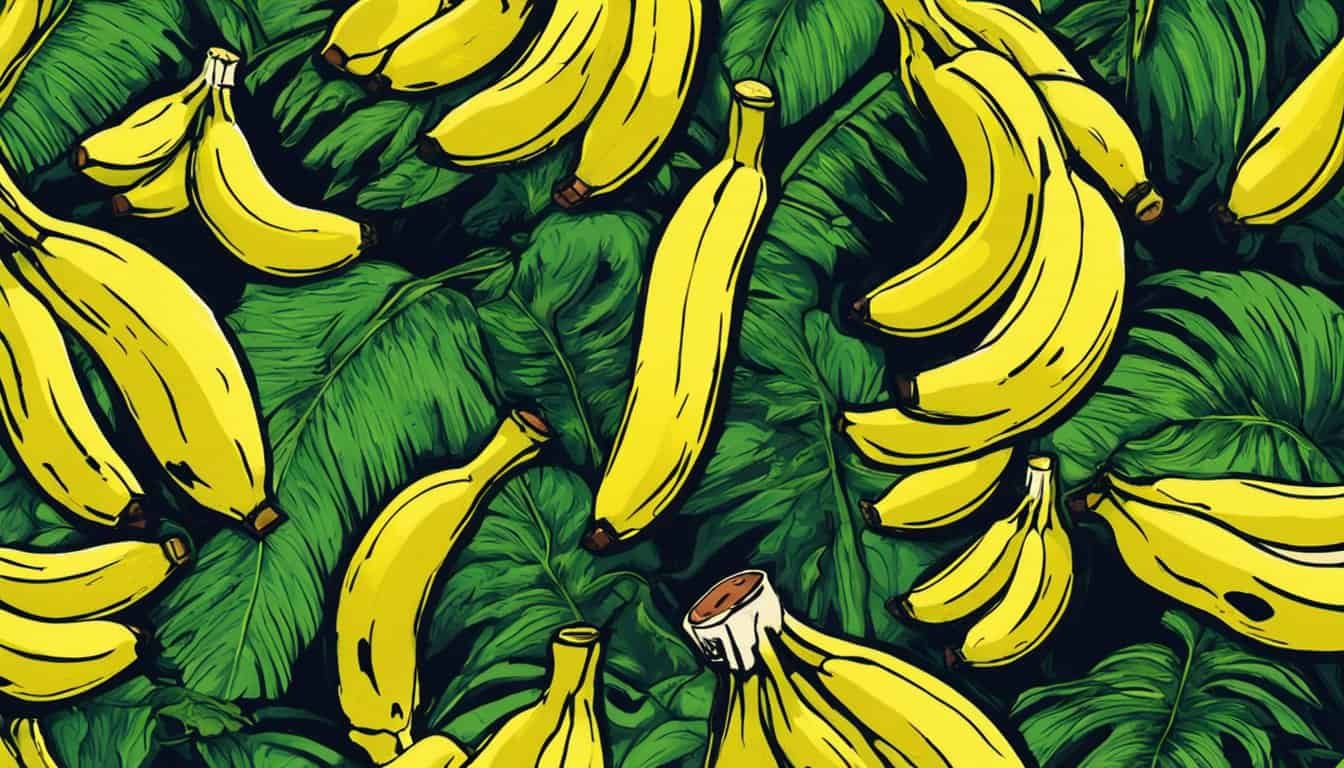
So if you want to try alkaline foods regularly, ensure you also take enough protein. Also, note that bananas will not help change your blood pH but will help you improve your overall health.








